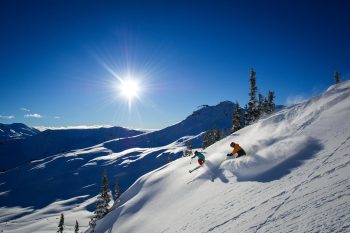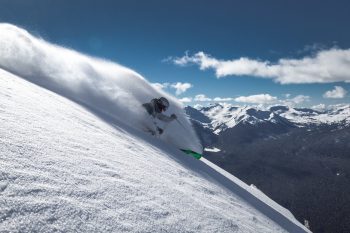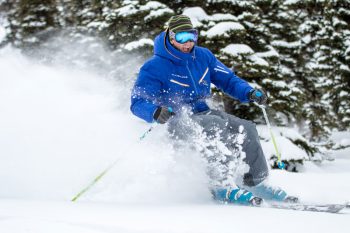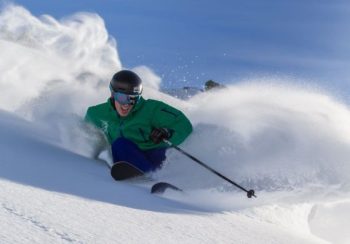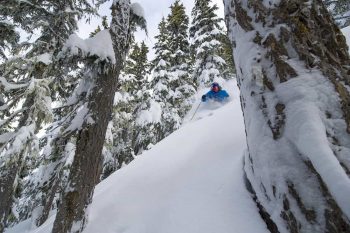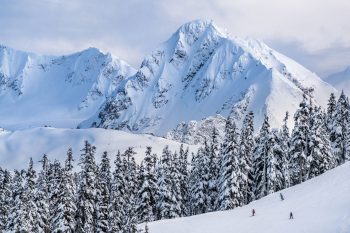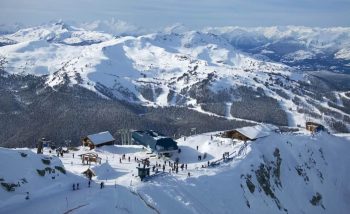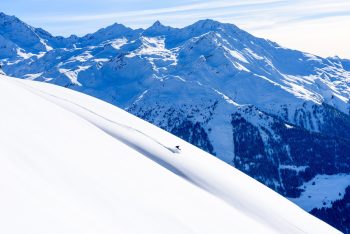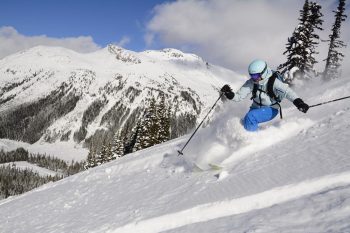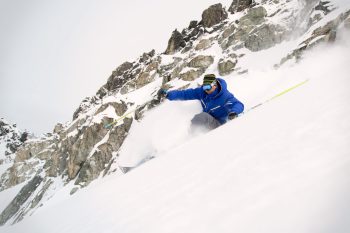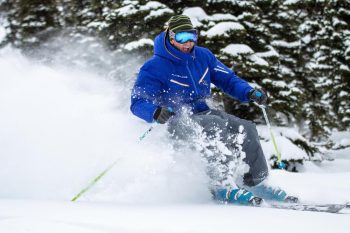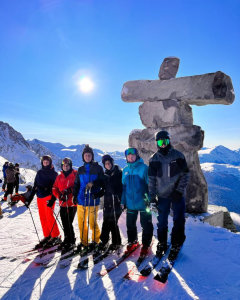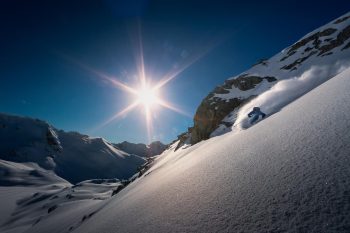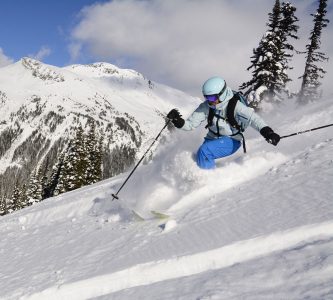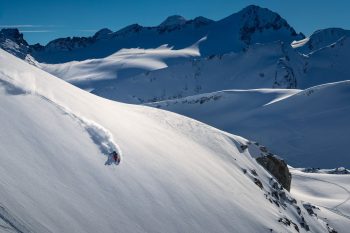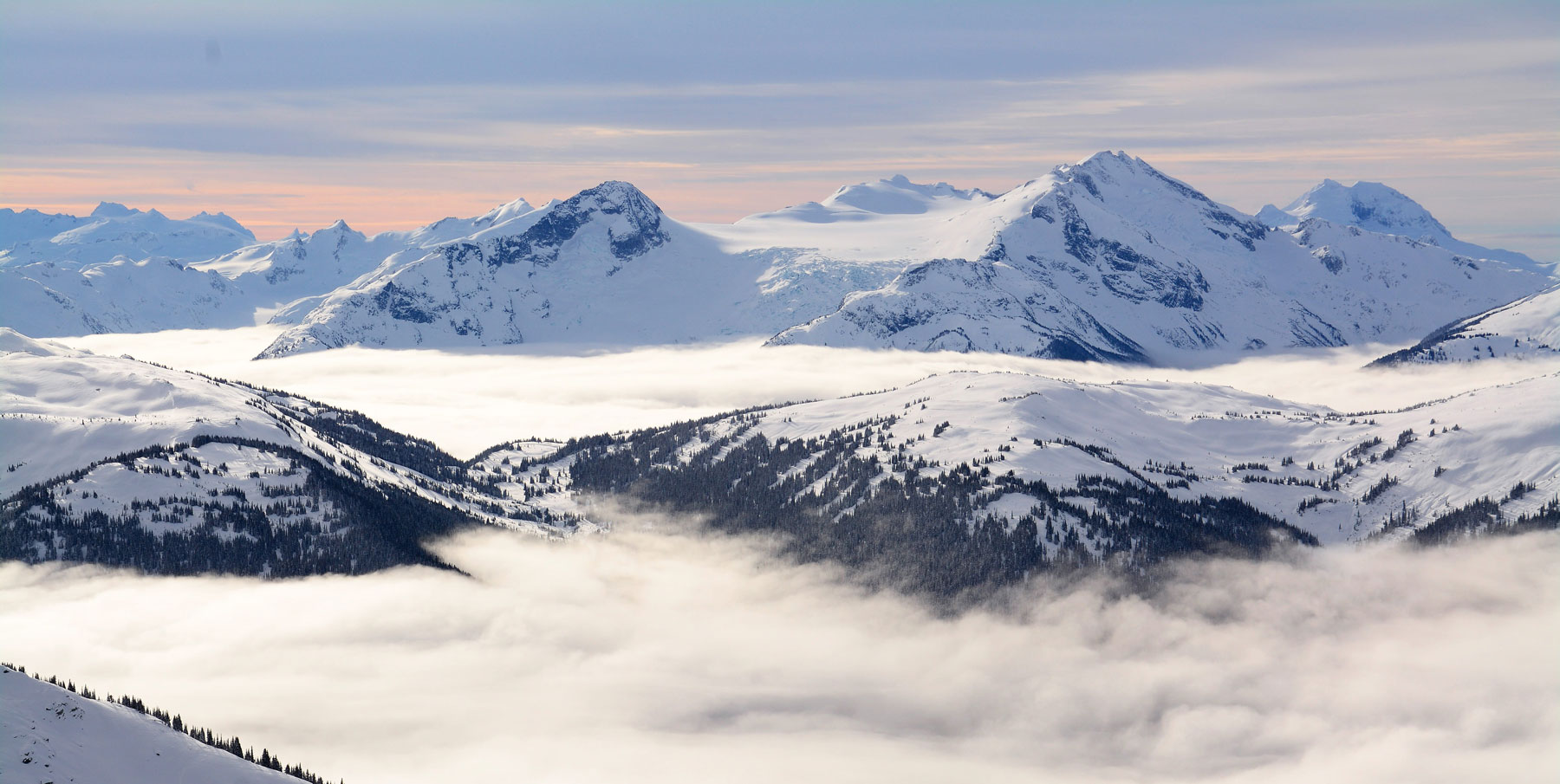Ski Nutrition Tips and What to Eat When Out on the Slopes

Skiing is a high-octane, high-energy activity, so it’s essential to ensure you follow a healthy diet packed full of carbohydrates, vitamins and minerals when you’re both on the slopes and at the chalet. When you’re itching to get out and carve that powder, it can be difficult to remember to eat at all, never mind follow a balanced diet designed to keep you sustained and safe. With that in mind, here are a handful of hints and tips about what to eat when on your next ski getaway.
Breakfast is invariably the most important meal of the day, but that’s doubly true just before you’re about to hit the slopes. Stay away from fried foods as much as possible and opt instead for slow-release energy meals, like muesli or porridge. The former is particularly effective, since the nuts contained within can support your muscles throughout the day.
Hydration is incredibly important – especially on hot days when you’re likely to sweat even more profusely than normal – so topping up with plenty of water is highly recommended. On the other hand, diuretics and dehydrating drinks like coffee, hot chocolate and orange juice should be consumed in moderation or, better yet, avoided altogether.
Provided you haven’t expended too much energy throughout the morning, it’s advisable to keep lunch relatively light and healthy. A salad with fish, eggs or meat is ideal, while soup and a sandwich is another good combo that’ll set you up for the afternoon. A meal that’s too heavy will leave you feeling tired and lethargic as your body tries to digest it.
Snacking on the slopes is highly encouraged! Protein bars and energy drinks are perfect, since they can be safely stowed in a pocket and produced at opportune moments (such as on the stairlift) to maximise your hours on the slopes. Fruit and nuts are other healthy alternatives, while chocolate can also provide a quick energy hit in moderation.
While breakfast might be the most important meal of the day, dinner is likely to be the biggest one for skiers and snowboarders. At the same time, don’t overload on your portions or you’ll ruin the next day, especially when it comes to empty carbs, fat and dairy. Protein is ideal for repairing muscle tissue (chicken, eggs and fish), while green vegetables and fruits will bolster your intake of vitamins and minerals.
Part of chalet life revolves around after hours, but do your best to keep alcohol intake to a minimum. Not only will it upset your sleeping patterns, leaving you feeling physically drained the next day, but it can also induce nausea, headaches and sluggishness, all of which will impair your decision-making on the slopes. An early night is the ideal strategy for getting the most out of your ski holiday.

